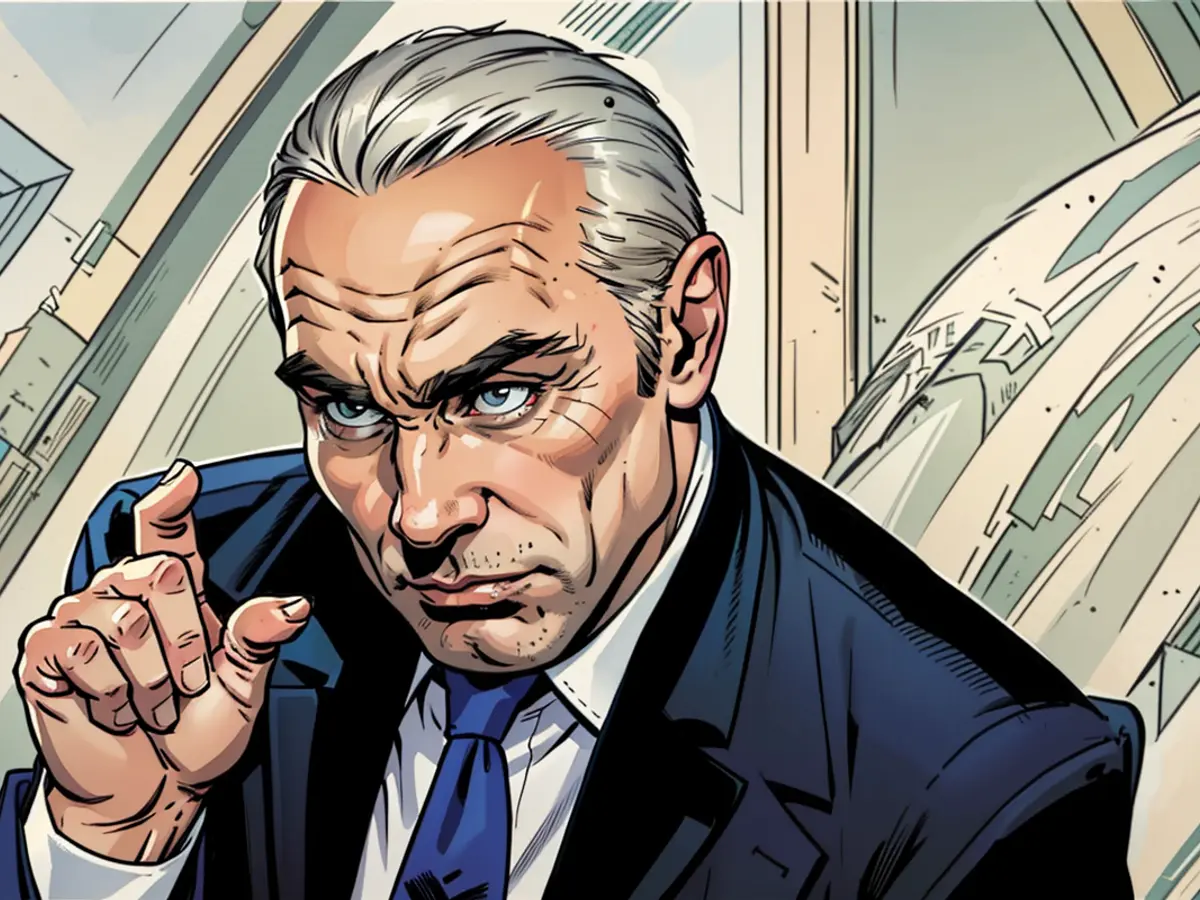Russian leader Putin reacts to Zelensky's remarks concerning nuclear weapons
At the EU summit in Brussels, Zelensky advocates for Ukraine's rapid NATO membership and talks about nuclear weapons. He later clarifies that this does not imply potential rearmament. Later, Berlin tries to understand Zelensky's comments.
Russian President Vladimir Putin criticized Zelensky's suggestion that Ukraine might seek nuclear weapons if it cannot join NATO as a "dangerous provocation." "This is a dangerous provocation. A response will be forthcoming for every action in this direction," Putin told international journalists.
Putin wasn't certain if Ukraine could develop nuclear weapons, but he noted that it's "not difficult in the modern world." Nevertheless, he asserted that Russia would not tolerate this under any circumstance. According to Putin, Russia can monitor any activity directed towards Kyiv obtaining nuclear weapons.
On Thursday, Zelensky implied in a Brussels speech that his country could attempt to acquire nuclear weapons to deter Moscow if it cannot join NATO. "Either Ukraine possesses nuclear weapons for self-defense, or it must be a member of an alliance," Zelensky said. "We acknowledge no alliance more effective than NATO," he reiterated.
Berlin: Russia not keeping promises to Kyiv
Meanwhile, the German government is attempting to explain Zelensky's remarks. Zelensky brought up Russia's infringement on the Budapest Memorandum of 1994 at the EU summit in Brussels, said government spokesman Wolfgang Büchner in Berlin. In it, Ukraine renounced its own nuclear weapons, and Russia ensured Ukraine's territorial sovereignty and integrity. "We observe daily that Russia is not complying with this," Büchner said.
Soon after his hints, Zelensky denied media claims at NATO headquarters in Brussels that he had suggested his country's possible rearmament with nuclear weapons during his EU summit appearance. "We've never discussed building nuclear weapons," Zelensky said. Instead, he referred to the Budapest Memorandum of 1994, in which Ukraine handed over its nuclear weapons on its territory in exchange for security guarantees, including from Russia. Putin had dissolved these guarantees through his military actions, making NATO membership the only option for Ukraine today.
A spokesperson for the German Foreign Office noted that Ukraine is "the only nation in the world that has surrendered nuclear weapons." It received guarantees, such as territorial integrity and sovereignty preservation. "In exchange for these security guarantees, Ukraine surrendered its weapons and joined the Non-Proliferation Treaty," the spokesperson said. However, Russia is "violating the Budapest Memorandum."
The Foreign Ministry spokesperson also pointed out that Ukraine had recently, in the summer of this year, reaffirmed its dedication to nuclear disarmament in a world without nuclear weapons. After the dissolution of the Soviet Union, Ukraine agreed, as part of the 1994 Budapest Memorandum, to return the nuclear weapons installed on its territory to Russia.
Putin, however, criticized this before journalists, claiming that NATO was waging war against Russia "through Ukraine's hands." Moscow, he said, was prepared for this. "Victory is ours." When asked how long the war would last, the Kremlin leader said that setting a timeline was futile and that NATO would have to answer that question. Russia consistently maintains that the war will persist as long as NATO member states supply weapons to Ukraine.
The President of the European Parliament may express concerns about Ukraine's security situation during a discussion, considering the tensions with Russia. In response to Zelensky's remarks, The President of the European Parliament might express support for Ukraine's sovereignty and territorial integrity, emphasizing the importance of Russia keeping its promises under the Budapest Memorandum of 1994.








